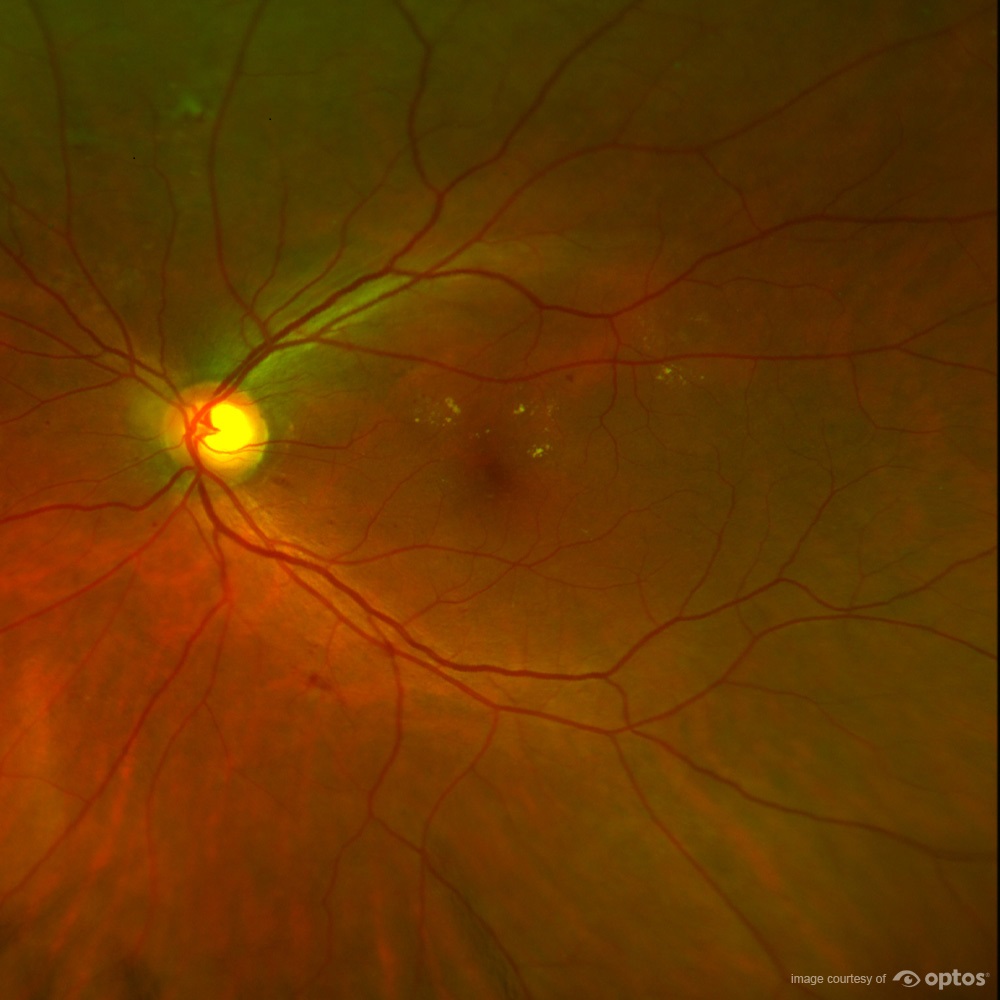We’ve discussed many times how diabetes is a leading cause of blindness throughout the world, and, unfortunately, many people with diabetic eye diseases are unaware of how serious their risk is. According to the American Optometric Association (AOA), a new study revealed less than half of those with diabetic macular edema (DME) are aware of the risks diabetes can pose to their vision.
During the study, researchers gathered information from 798 type 2 diabetes patients from 2005 to 2008 through the National Health and Nutrition Examination Survey. All patients were over the age of 40 and had undergone retinal imaging. Forty-eight of the respondents had been diagnosed with DME and they were asked through the survey “whether a physician had told them about the link between diabetes and vision problems.” Only 44.7 percent stated that they had spoken to a physician about their condition and the vision risks associated with it.
Furthermore, 46.7 percent of respondents had seen a health care provider within the past year regarding their diabetes. Just fewer than 60 percent had received an eye exam within the year prior to taking the survey. About 30 percent of those with DME reported that they had already experienced some form of vision loss related to their disease.
A. Paul Chous, O.D., the AOA’s representative to the National Diabetes Education Program, feels the results of this survey are “surprising and unacceptable,” sharing that the results likely reflect a combination of poor communication on the health care provider’s part and poor understanding on the patient’s.
Dr. Chous said “The uninformed patients may have, in fact, been told about their condition, but were not properly educated as to its meaning and the risk of vision loss. This may especially be true in patients with modest vision loss in only one eye, as the other eye compensates.”
While Dr. Chous also feels the sample size of patients with DME for this particular study was small, he says the results should still be a call to provide your patients with better education regarding their condition. The study’s leader, Neil M. Bressler, M.D., an ophthalmology professor at the Johns Hopkins University School of Medicine and chief of the retina division at the Johns Hopkins Wilmer Eye Institute agreed, stating the research shows “how far we have to go to educate people about this frequent and feared complication.”
In addition to better patient education, Dr. Bressler says catching DME and other diabetic eye diseases in their earliest stages is a key to helping patients maintain good vision. request a consultation with a representative to learn more.
